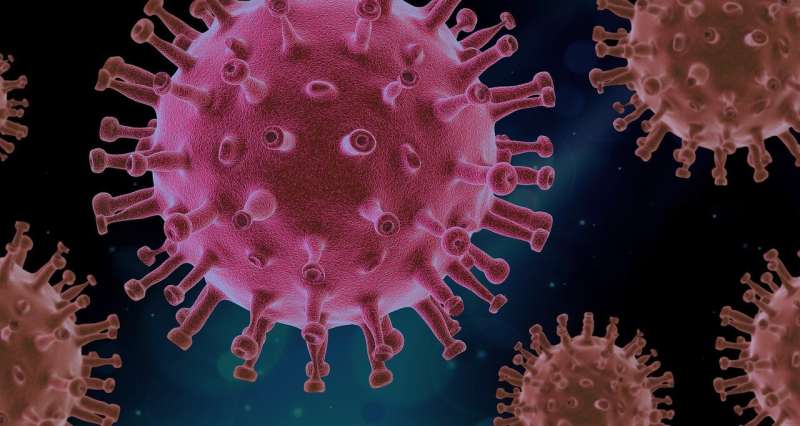The Impact of COVID-19 Conspiracy Theories on Pandemic Prevention Efforts

Conspiracy theories about COVID-19's origins are undermining global efforts to prevent future pandemics by eroding trust in science and hindering effective research and policy measures.
In recent years, conspiracy theories regarding the origins of COVID-19 have gained significant traction, adversely affecting global efforts to prevent future pandemics. The Scientific Advisory Group for the Origins of Novel Pathogens (SAGO), convened by the World Health Organization (WHO), released a comprehensive assessment in July 2025, examining the evidence surrounding the virus’s beginnings. Their findings support the hypothesis that COVID-19 most likely originated from a zoonotic spillover, with the virus passing from animals to humans, rather than being the result of laboratory manipulation. Their conclusion aligns with numerous early research studies and reports indicating the virus emerged from the wildlife market in Wuhan, China, especially from contaminated animal cages and surfaces where wildlife was sold. Despite this, a persistent flow of misinformation and conspiracy theories has sown doubt about the scientific consensus, targeting researchers who have studied the virus’s origin and fueling political agendas.
These false narratives have created a climate of mistrust towards scientific institutions and public health agencies, leading to dangerous cuts in funding and resources. For instance, in the United States, key agencies like the CDC, NIH, and USAID have faced significant reductions, hampering outbreak preparedness and response capabilities. This erosion of trust also hampers the development and deployment of vaccines and other critical medical interventions, leaving populations more vulnerable to future health crises.
Furthermore, conspiracy theories often distort the scientific process, suggesting that researchers were pressured to endorse particular hypotheses or received illicit funding—claims that are unsupported by evidence. In reality, the scientific community has considered multiple hypotheses, including the laboratory-leak theory, but conclusive evidence to support a lab origin remains absent. The majority of current evidence continues to favor a natural spillover event, reinforced by extensive environmental and epidemiological data.
The propagation of misinformation not only undermines public confidence in science but also distracts from addressing real risks, such as the trade of high-risk wildlife species that facilitate virus transmission. As experts, we emphasize that understanding the true origins of COVID-19 is vital for creating effective prevention strategies. Dismantling misconceptions and elevating evidence-based conclusions are essential to bolster global preparedness against future pandemics. Recognizing the natural origins of SARS-CoV-2 enables better regulation of wildlife trade and zoonotic disease surveillance, which are critical for reducing the likelihood of similar outbreaks.
In summary, misinformation about the origins of COVID-19 hinders scientific progress and pandemic preparedness, underscoring the need for accurate, transparent communication. Strengthening trust in scientific research and addressing the root causes of zoonotic spillovers are fundamental steps towards safeguarding public health and preventing the emergence of new infectious diseases.
Stay Updated with Mia's Feed
Get the latest health & wellness insights delivered straight to your inbox.
Related Articles
England Launches Pioneering Gonorrhea Vaccination Program to Combat Rising Cases
England has launched the world's first routine gonorrhea vaccination program in response to rising cases and antibiotic resistance, aiming to reduce infections significantly.
Many Niece and Nephew Dementia Caregivers Unprepared When They Take On Role, Study Reveals
Virginia Tech's study reveals that most nieces and nephews caring for relatives with dementia step into their roles unexpectedly, often driven by love and family bonds, facing significant responsibilities without prior preparation.
Beyond BMI: How Fat Distribution Affects Brain Aging Patterns
New research reveals that fat distribution in the body, especially visceral fat, influences brain aging and cognitive health independently of BMI. The study highlights the importance of regional adiposity in neurocognitive risk assessment.
Significant Number of Pregnant Women in the US Do Not Have Sufficient Vitamin D for Healthy Pregnancy Development
A new study reveals that about one-third of pregnant women in the US lack sufficient vitamin D levels, which are crucial for healthy fetal brain development and childhood cognitive functions. Increased awareness and supplementation could help close the racial gap and support long-term child health.



